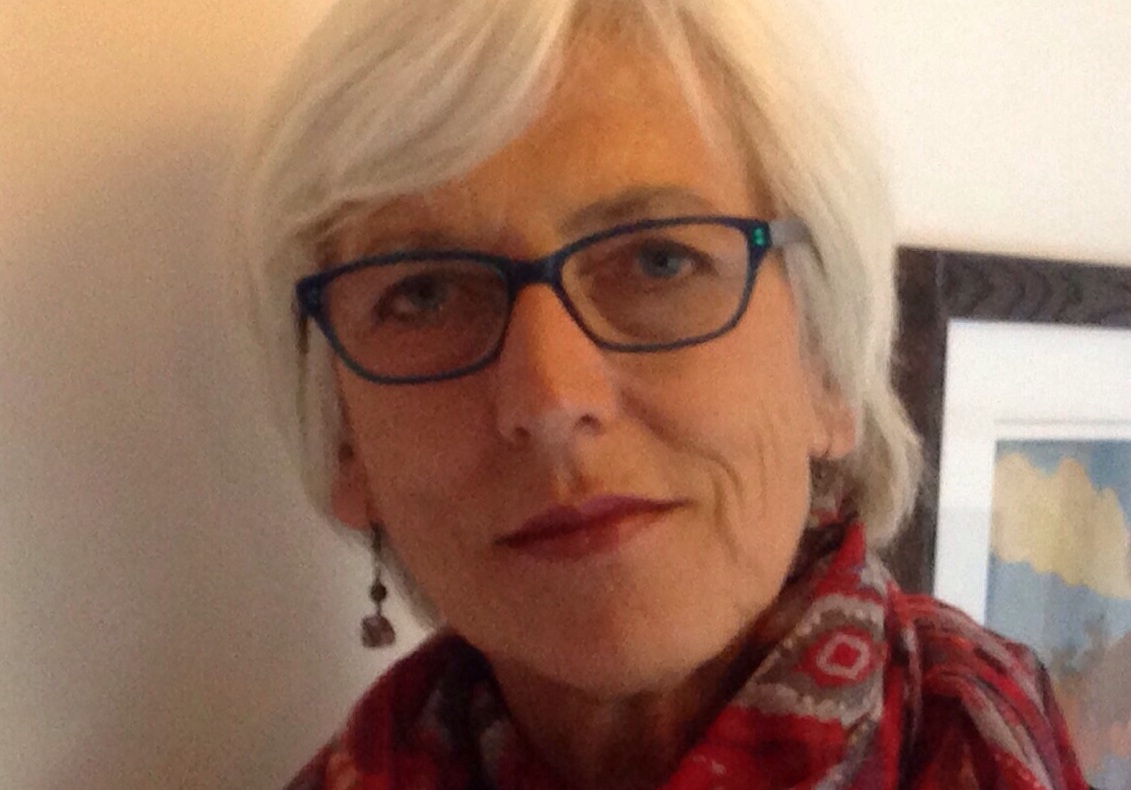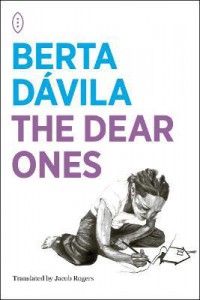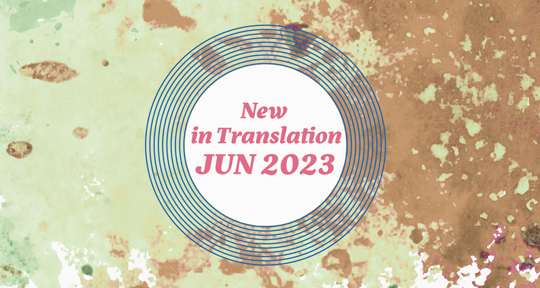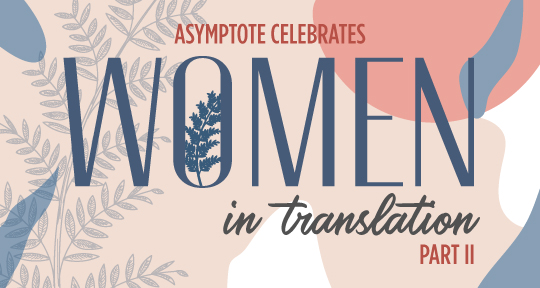According to the Index Translationum, a database published by UNESCO, texts written originally in French are the second most frequently translated, with over two hundred thousand titles published since 1979. Though the numbers exhibit a disappointing hierarchy, the fact that French occupies such a large presence is unsurprising; after all, as today’s interviewee, Aneesa Abbas Higgins, informs us: “French is a world language.” Spoken in diasporic populations around the world, the French of today is a linguistic carrier of resistance and individualism just as it once was a language of oppression.
Aneesa Abbas Higgins has translated numerous works from the French, including Seven Stones by Vénus Khoury-Ghata (Jacaranda, 2017) and Winter in Sokcho by Elisa Shua Dusapin (Daunt Books, 2020). In her efforts to represent a variety of original French voices, her contributions to English-language readers have been invaluable. Now, in our second feature for Women in Translation Month, blog editor Sarah Moore speaks to Higgins about her most recent translation, All Men Want to Know by Nina Bouraoui (Penguin, 2020), how French female authors are represented in translations, and the challenges of translating today.

Sarah Moore (SM): You translate from the French into English—could you talk about your relationship with French and how you learned it?
Aneesa Abbas Higgins (AAH): I started it at school at the age of eleven—I’ve always loved languages, and I added German, Latin, and Russian over the next few years. I’ve also dabbled in Italian and Spanish and made a real effort to learn Urdu; I even tried Japanese at one point. But French was the one that really stayed with me, and I’ve spent a good part of my life going back and forth between London and various parts of France. I did my MA in French and taught French at an American school in London for more than thirty years, so I’ve spent most of my adult life immersed in French language and literature in one way or another. Learning another language is a lifelong project, and I think of myself as still learning. As a translator, one learns more and more about one’s source and target languages all the time.
SM: How did you come to be a translator?
AAH: Translating was something I’d always thought about. I’ve been fascinated by it all my life and have vivid childhood memories of my father, an Urdu speaker who was working on translating Shakespeare at the time, talking about the endless challenges of conveying such rich, figurative language. I’ve been a reader all my life, and have also always loved to write. So when I decided to retire early from teaching, it seemed like a natural progression. I took some courses in translation and creative writing, sought advice from the wonderfully generous and supportive translation community, and set about researching, translating samples, and pitching books I wanted to translate to publishers. I was lucky enough to find a publisher and obtain a PEN grant for one of those books, and I went on from there.
SM: Which books did you initially want to translate when you began your career?
AAH: Looking back, I was definitely looking mostly at female authors, but I was primarily interested in works that originated beyond the confines of mainstream metropolitan France. French is a world language, just as English is. There are many, many authors who write in French and whose relationship with the language is complex. French, the language of the colonial oppressors, becomes the vehicle for voicing anti-colonial sentiment and raising black consciousness worldwide, in the same way as English has been used by writers from the Indian subcontinent and diaspora. I wanted to help bring more of those voices, the inheritors of the original mantle of the Négritude of Senghor and Césaire, into English. And for me, it’s personal. I’ve always been drawn to writers and books that express what it means, and what it feels like, to be both an insider and an outsider in the society one lives in. READ MORE…




